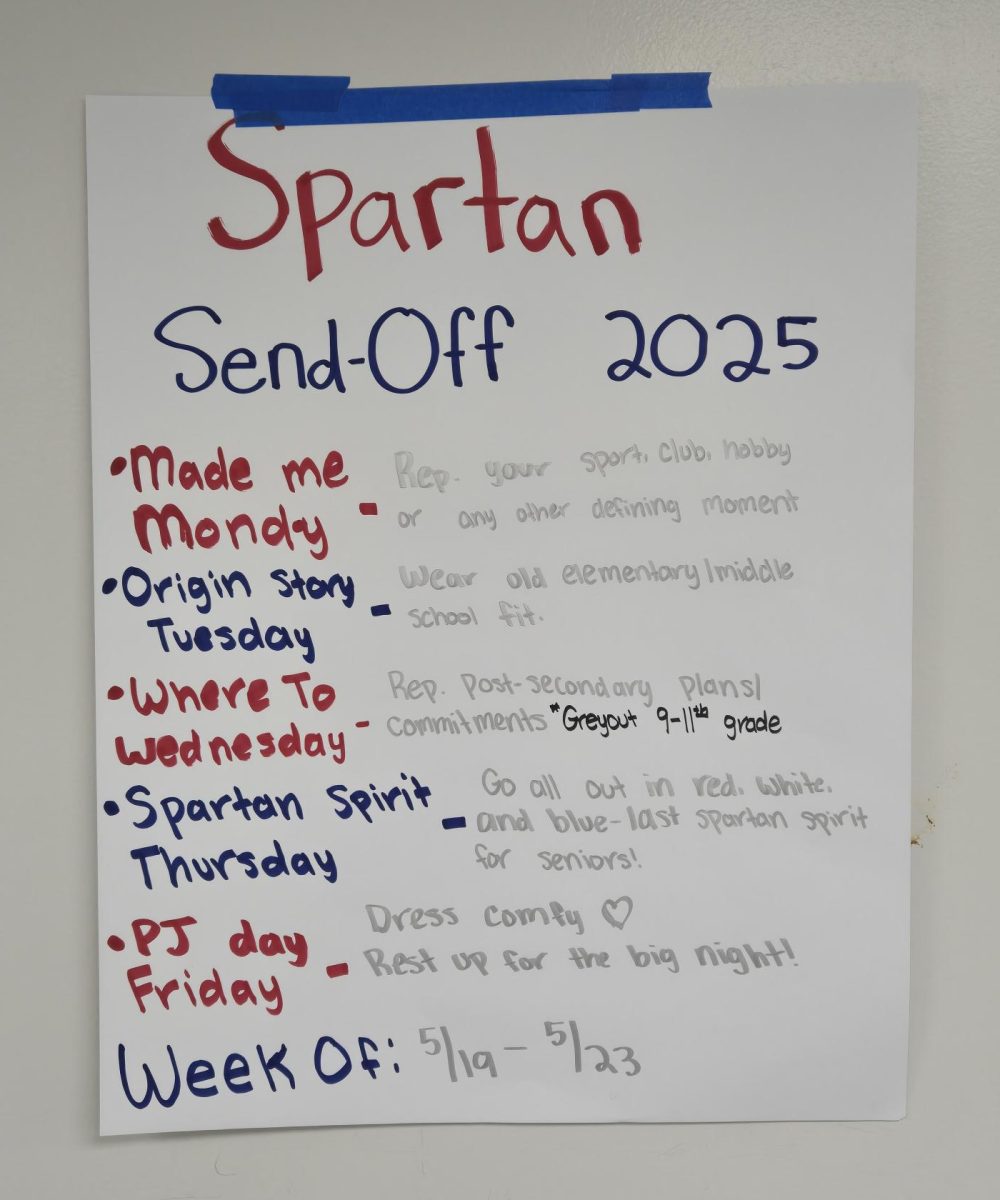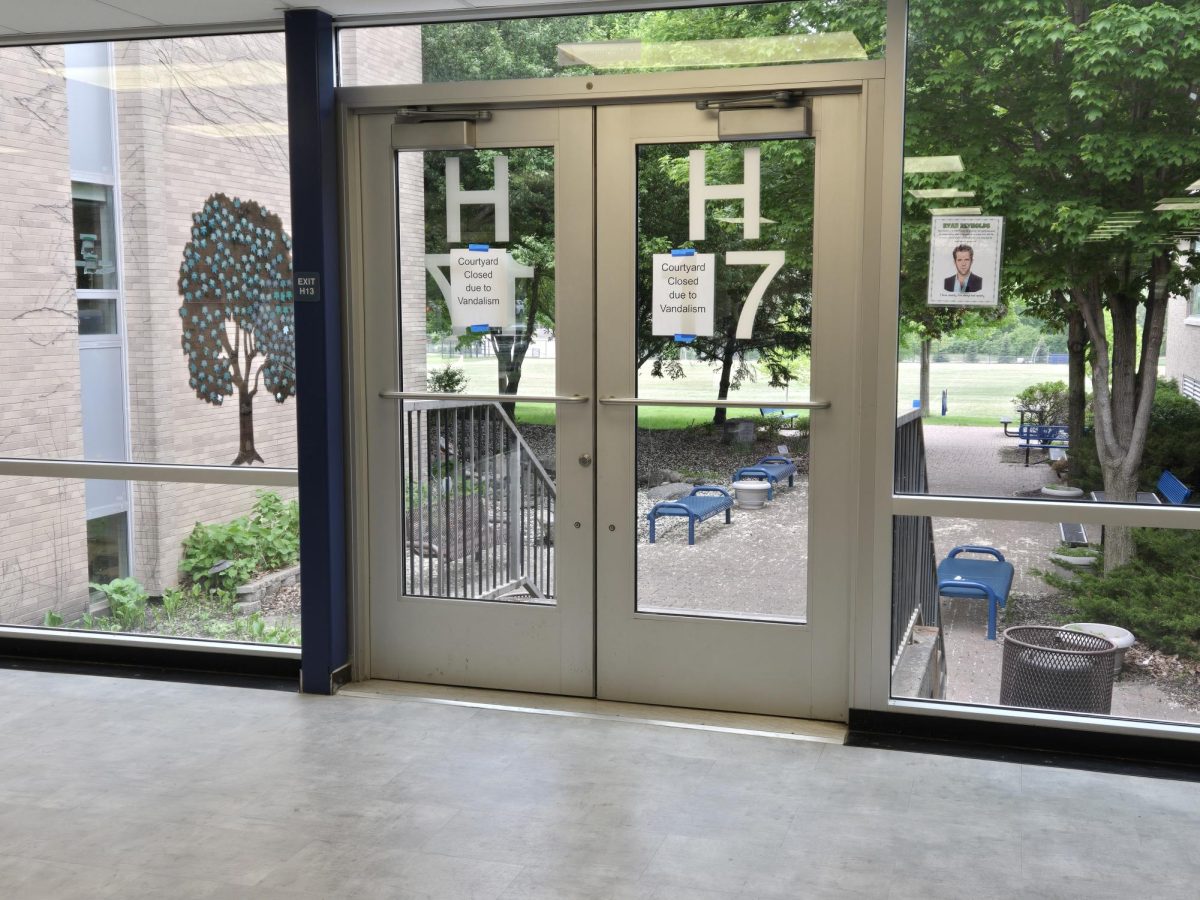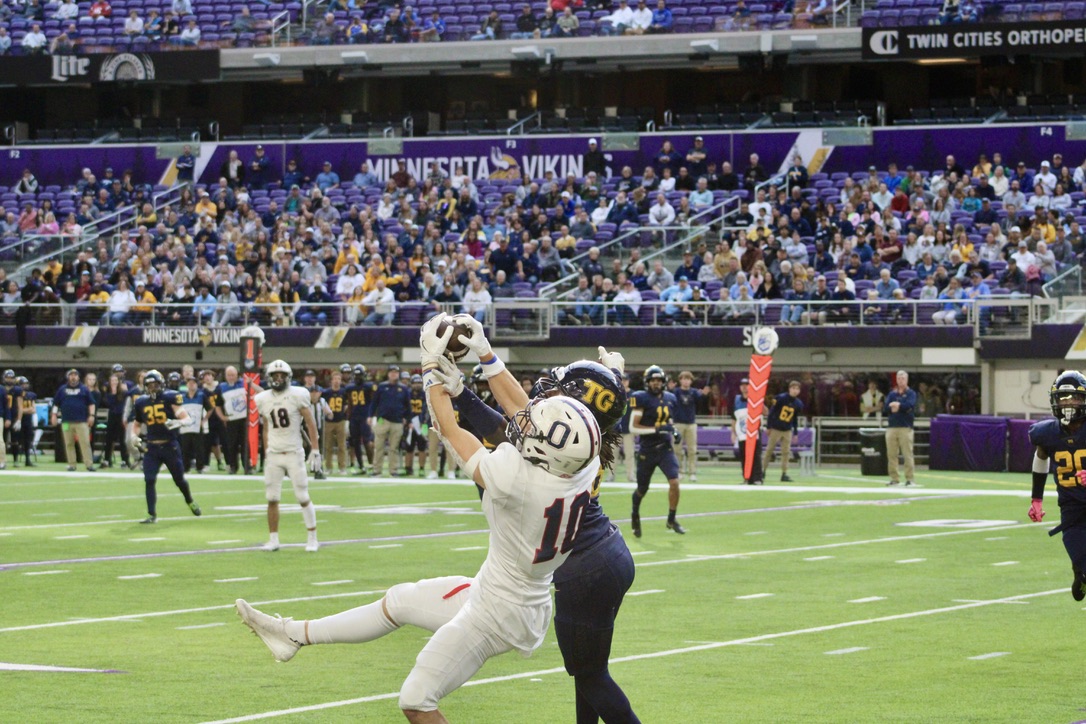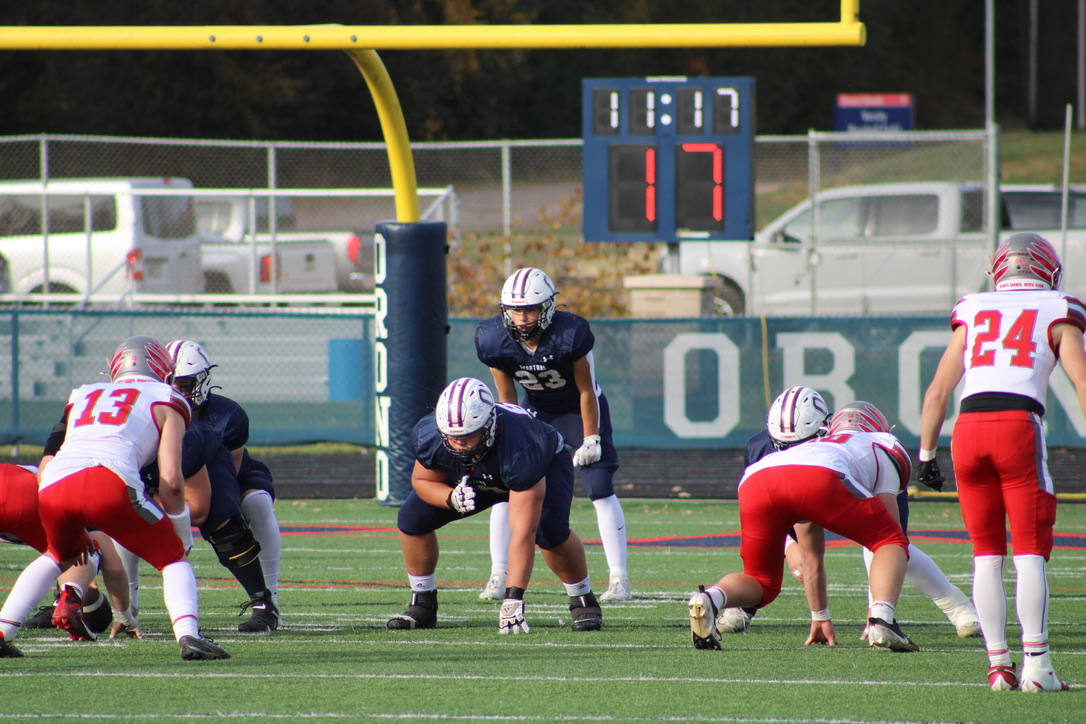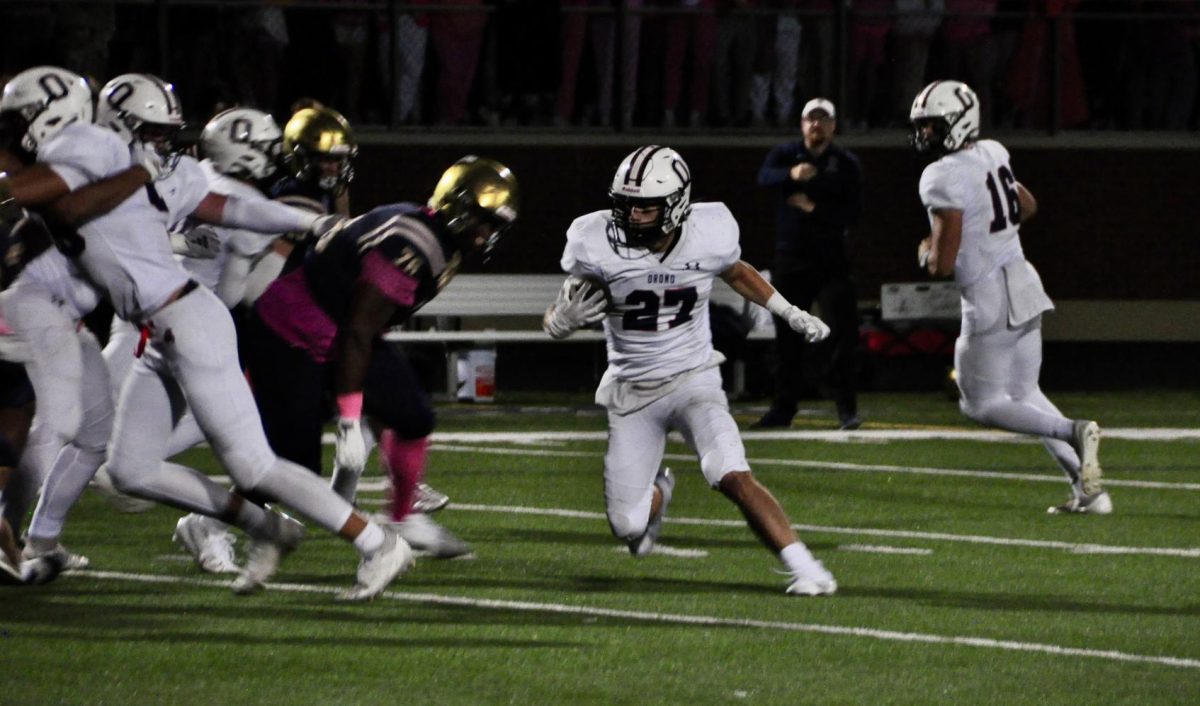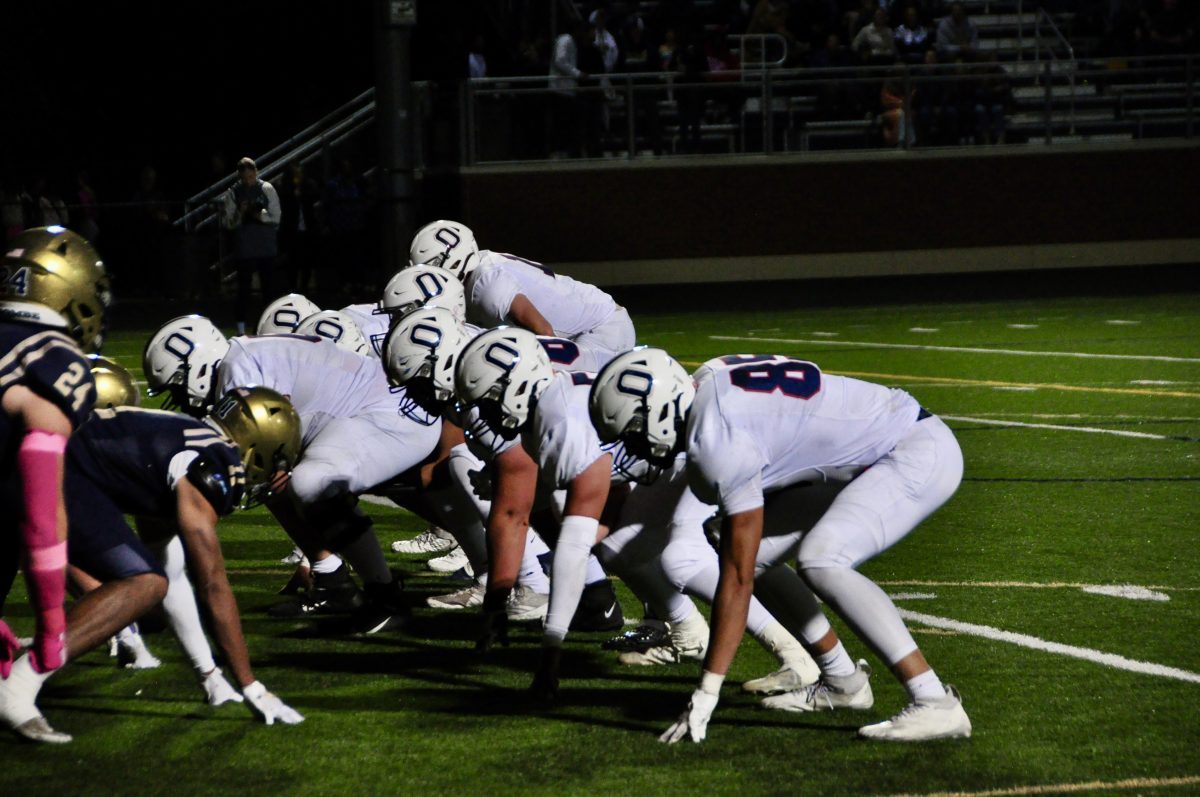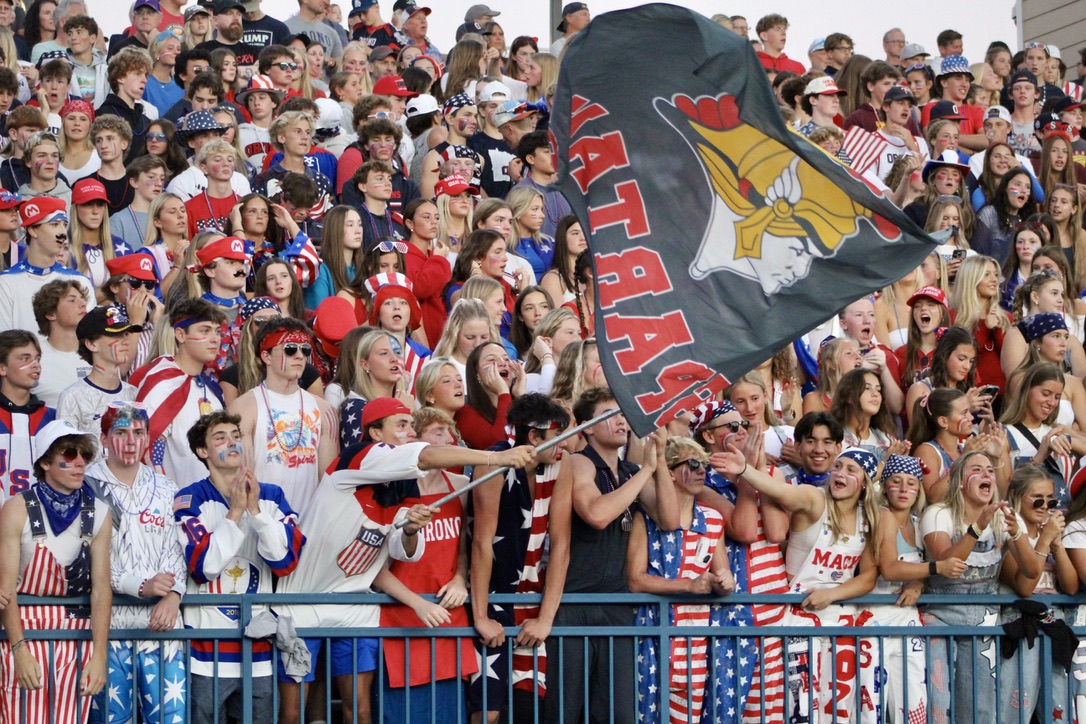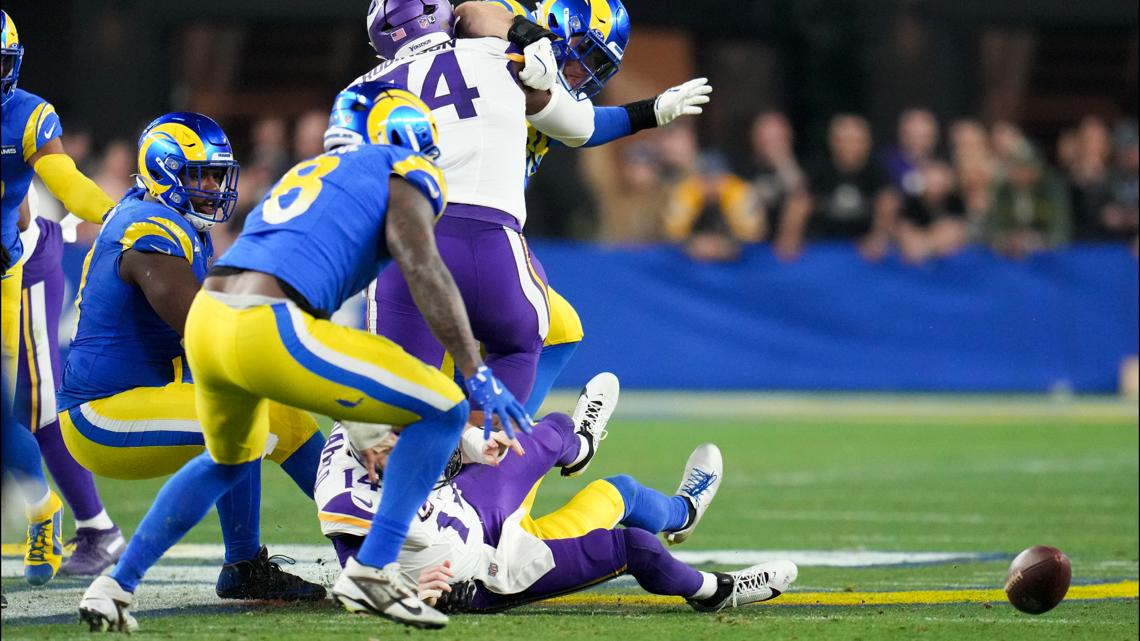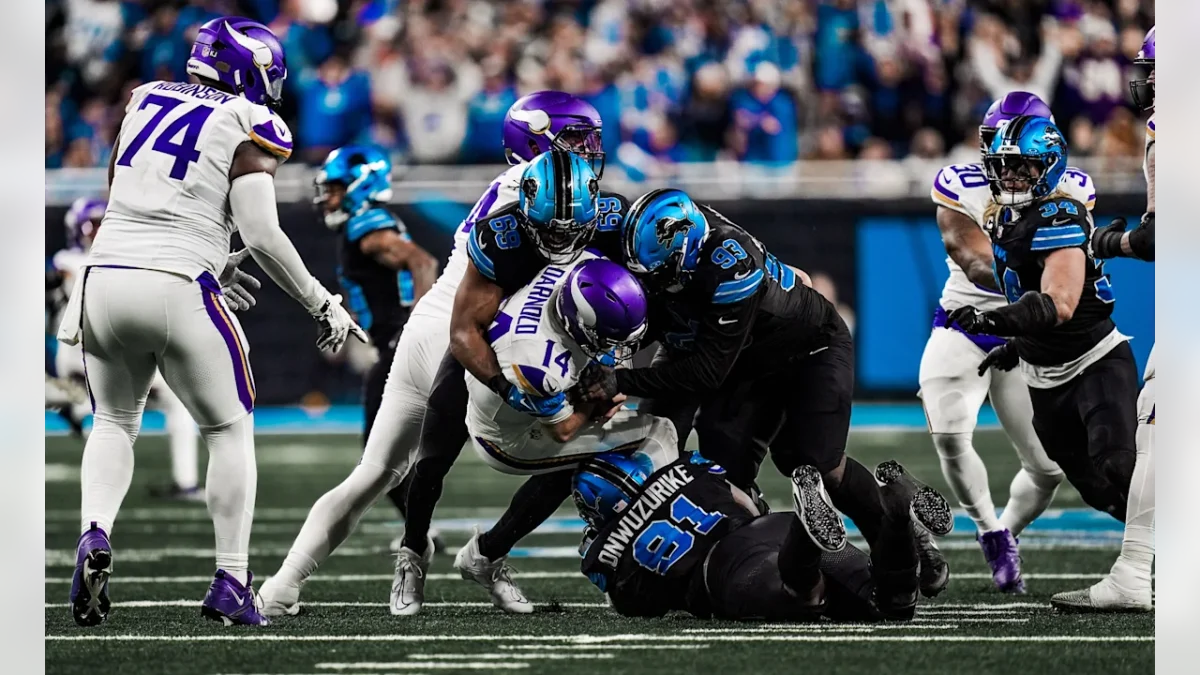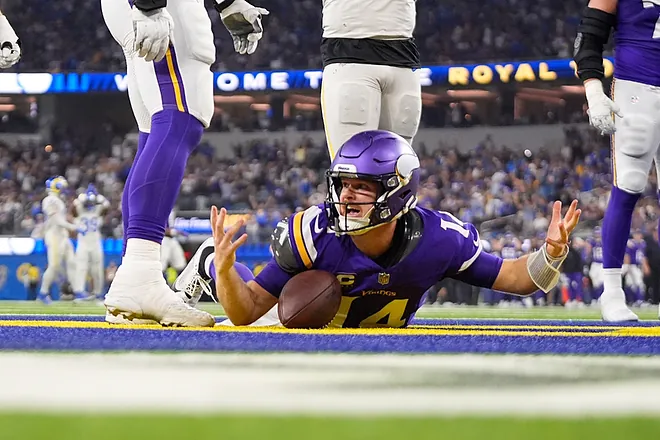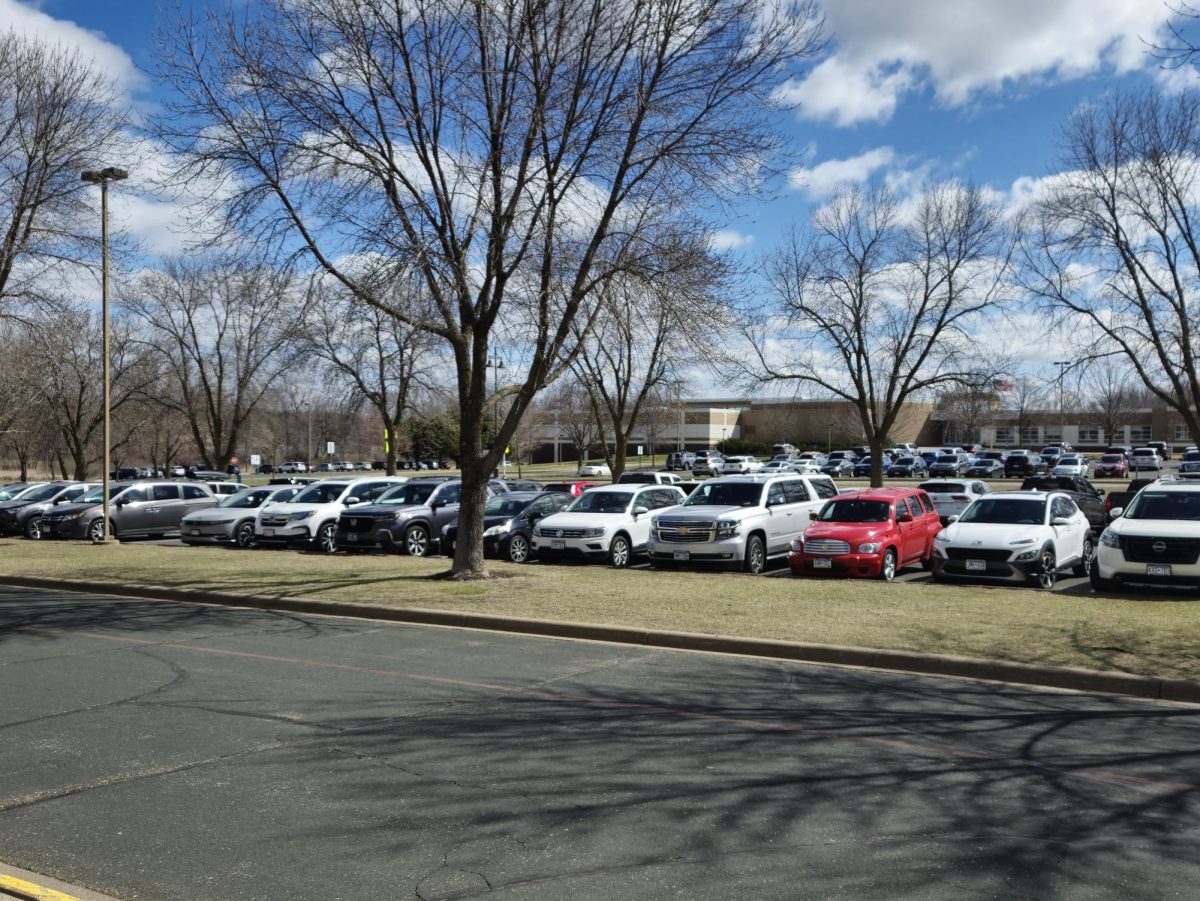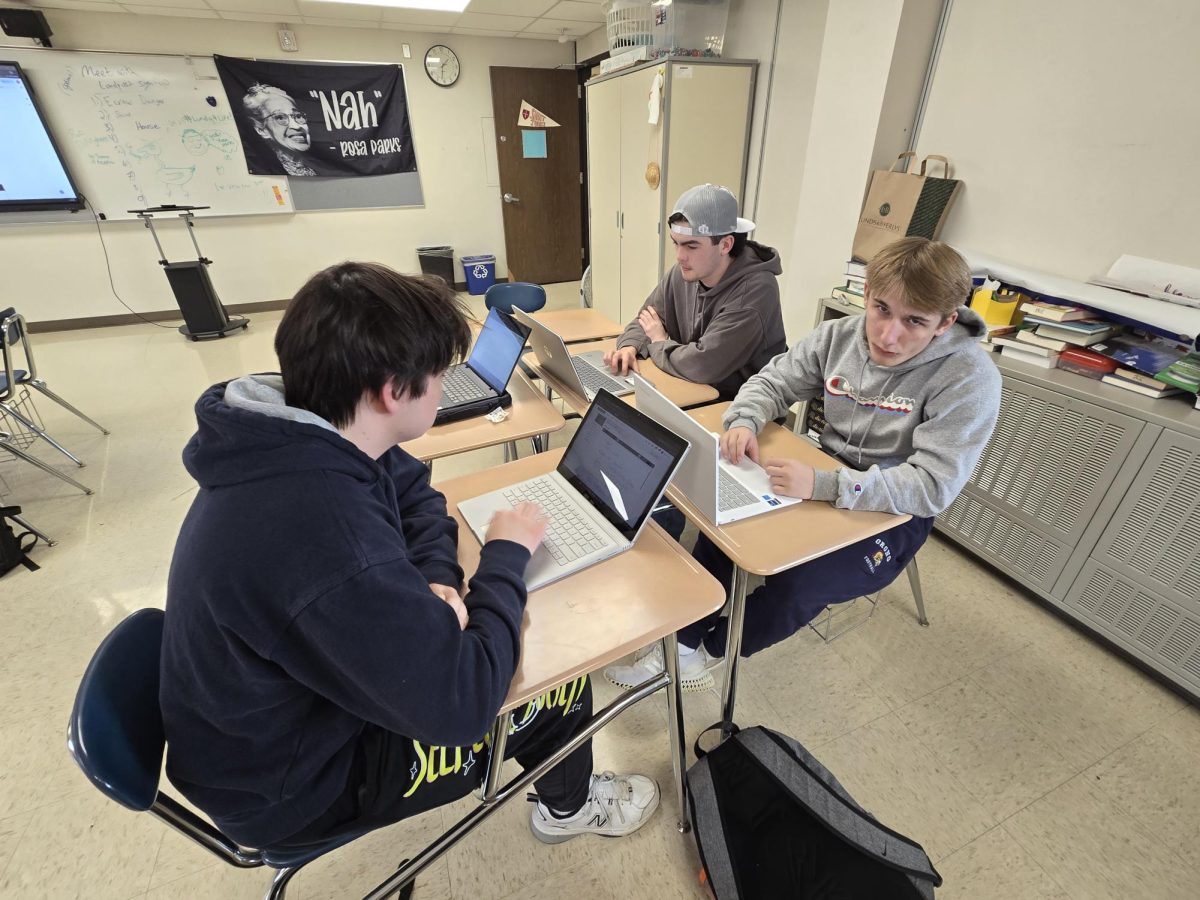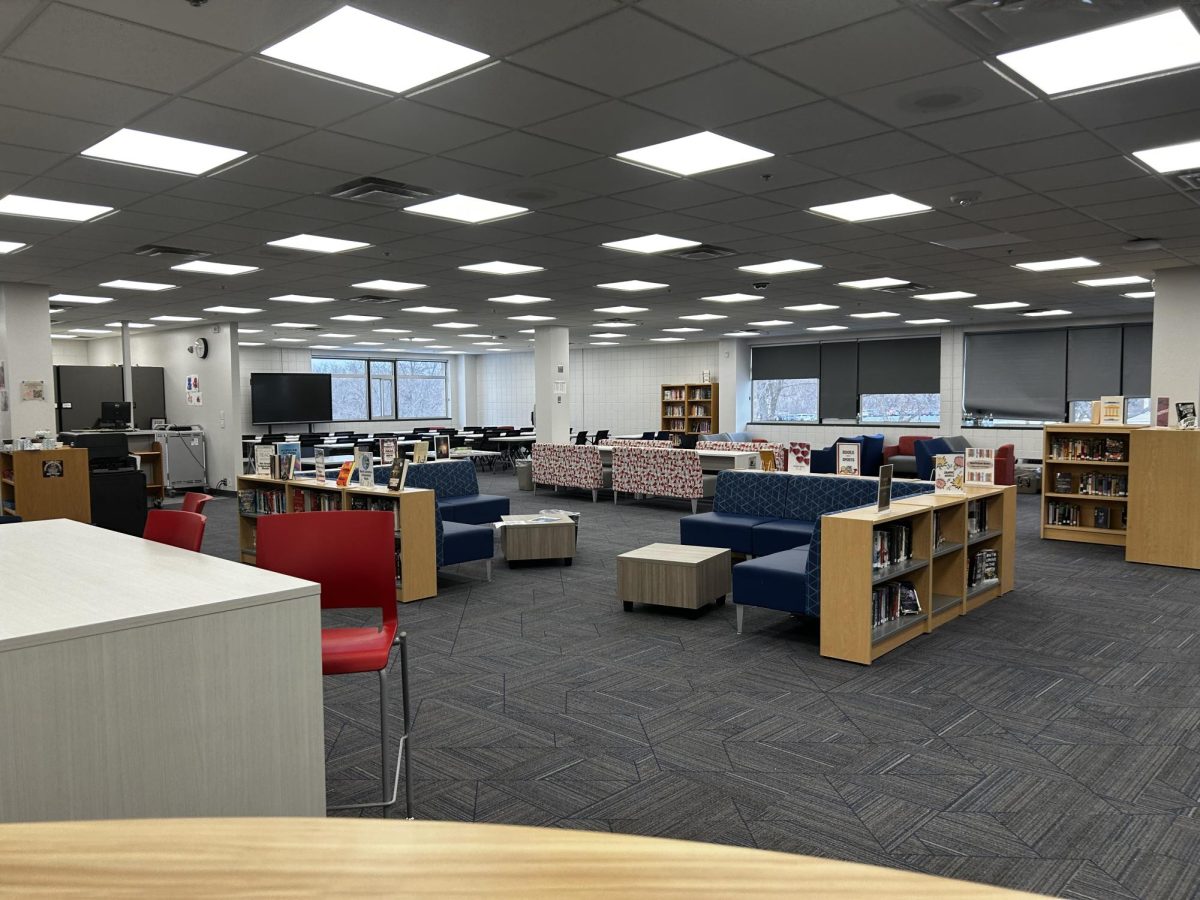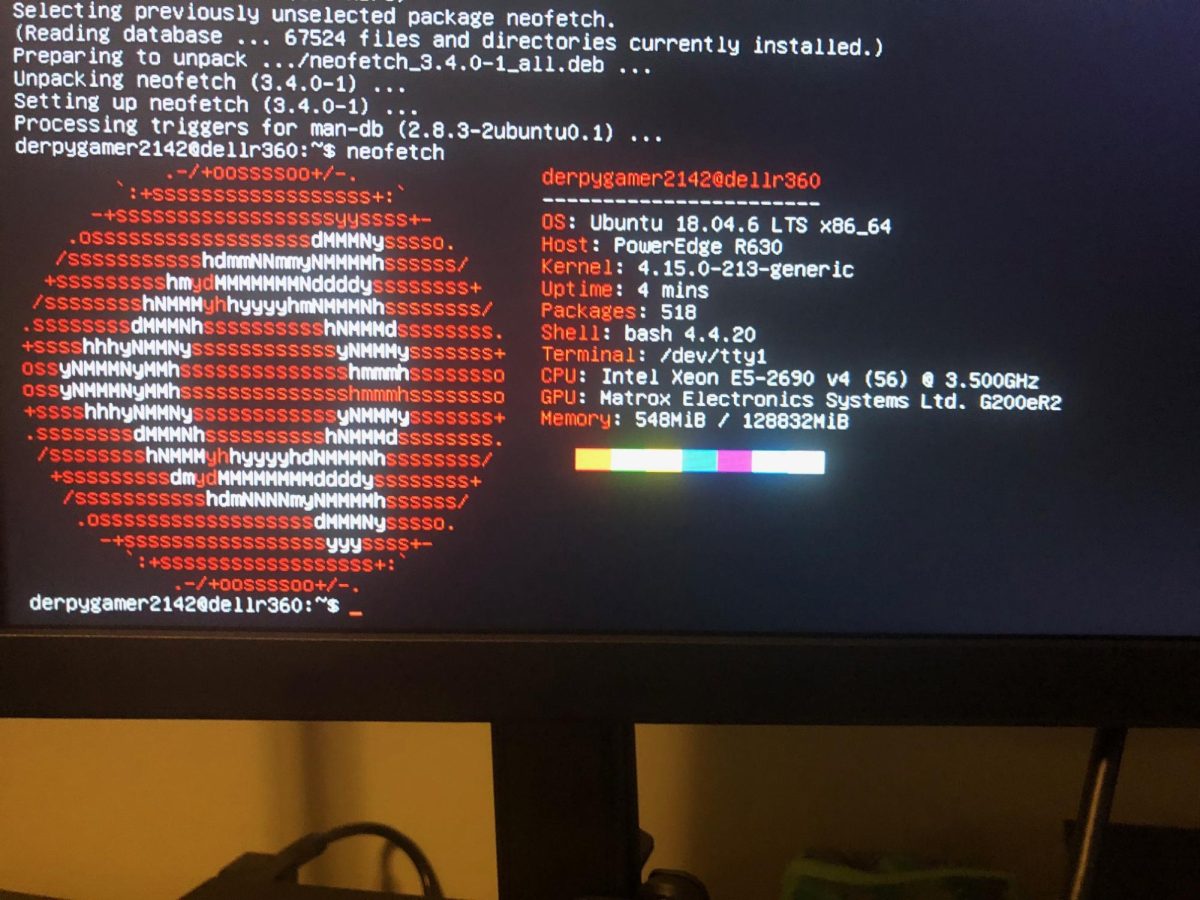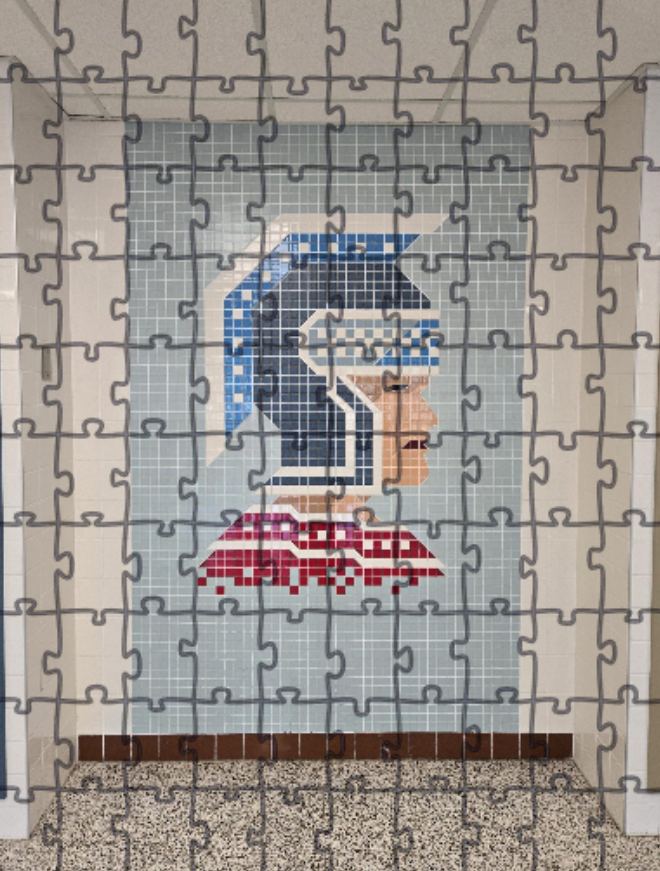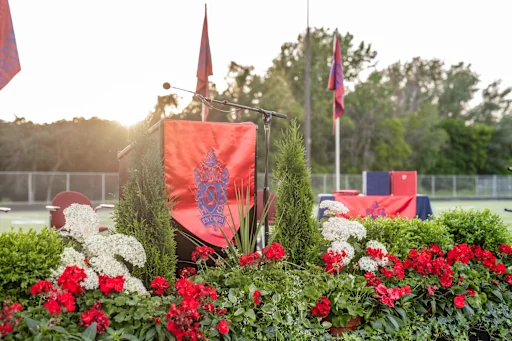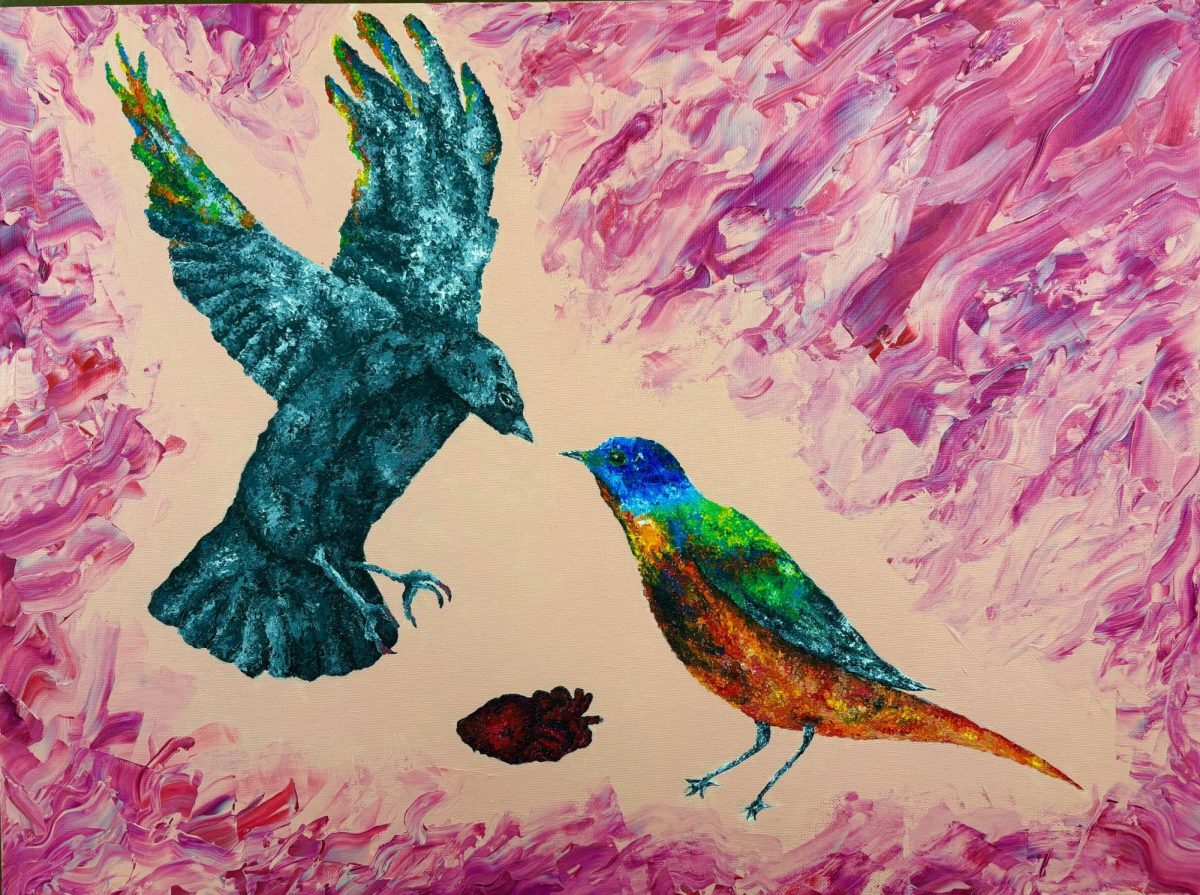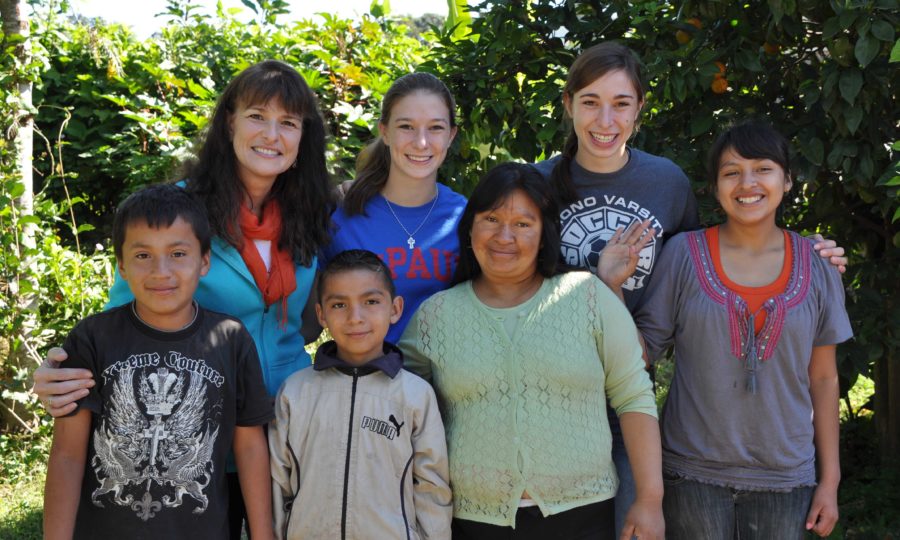Organizations such as World Vision, Common Hope and Nuestros Pequeños Hermanos present children worldwide with the opportunities to advance with contributions. Orono families have answered the call to donate and sponsor.
Orono High School now sponsors 4-year-old Rayjunior, a child living in South Africa, due to the efforts of seniors Ellie Heidorn and Adam Bergh, and junior Luke Haglin.
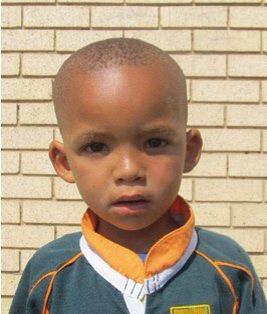
The three organized a candy cane sale during the week of school before winter break in order to raise sponsorship money, which will provide all of the supplies required to sustain him for one year. Rayjunior will have his education, food and water paid for one year, at which point his sponsorship will need to be renewed.
“Seeing the headquarters for World Vision [on a mission trip to Tacoma, Wash.] was so inspiring,” said Heidorn, “You can change a life for so little.”
“Impoverished children could become doctors and lawyers,” said Bergh. “It was just incredible.”
Another organization that promotes sponsorship is Nuestros Pequenos Hermanos (NPH), which serves orphaned and abandoned children throughout South America. Senior Lydia Wrobel visited the Mexico location, based in Miacatlan, this past summer and instantly connected with Miguel, who she now sponsors.
“He just jumped on my back one night,” said Wrobel, “I got to know him over the week. He’s sweet and very outgoing.”
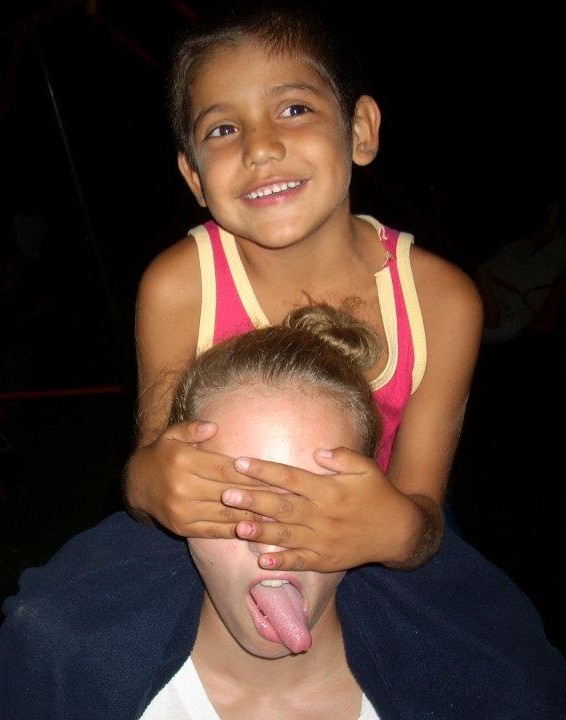
Miguel’s father left when he was very young and he was mistreated by his mother and grandmother. NPH provides him with a stable shelter, food, a superior education (NPH runs its own school, which children from around the community must pay to attend if they are not in the orphanage) and a loving, family-like community with over 500 other children.
“My favorite part is to be able to get letters from him and send him things. I am able to be a part of his life,” said Wrobel.
Senior Andrew Jordan also sponsors through NPH. His family sponsors 7-year-old Jorid, who lives with Miguel at NPH Mexico.
“My favorite part is being able to see how much it means to them,” said Jordan. Jordan has had the opportunity to visit Jorid several times and will be traveling to Miacatlan again in July.
Sponsorship money at NPH is pooled to support all of the children at that location. A major focus of NPH is giving the children a thorough education so that they can “break the cycle of poverty” and give the children the opportunities they need to succeed, according to their website.
The Winkels family, with daughters Lydia (junior) and Cabrini (sophomore), sponsors families in Guatemala through Common Hope, another organization the focuses on education. The sponsorship money works as inspiration or incentive for children to continue in school.
Common Hope works exclusively in Guatemala to help young students achieve and thrive in academics. They provide tutoring opportunities for struggling students and encourage students to continue to a secondary school diploma, the equivalent of a college degree in a country where most students drop out by the fourth grade.
As a family, the Winkels sponsor 14-year-old Jacqueline, who is currently attending fifth grade. Lydia, wanting a more personal role, enlisted her brother Gavan (a freshman at the University of St. Thomas) to help her sponsor another child independently. She and her brother now sponsor Joshua, who recently started preschool, an opportunity only available in Guatemala through Common Hope.
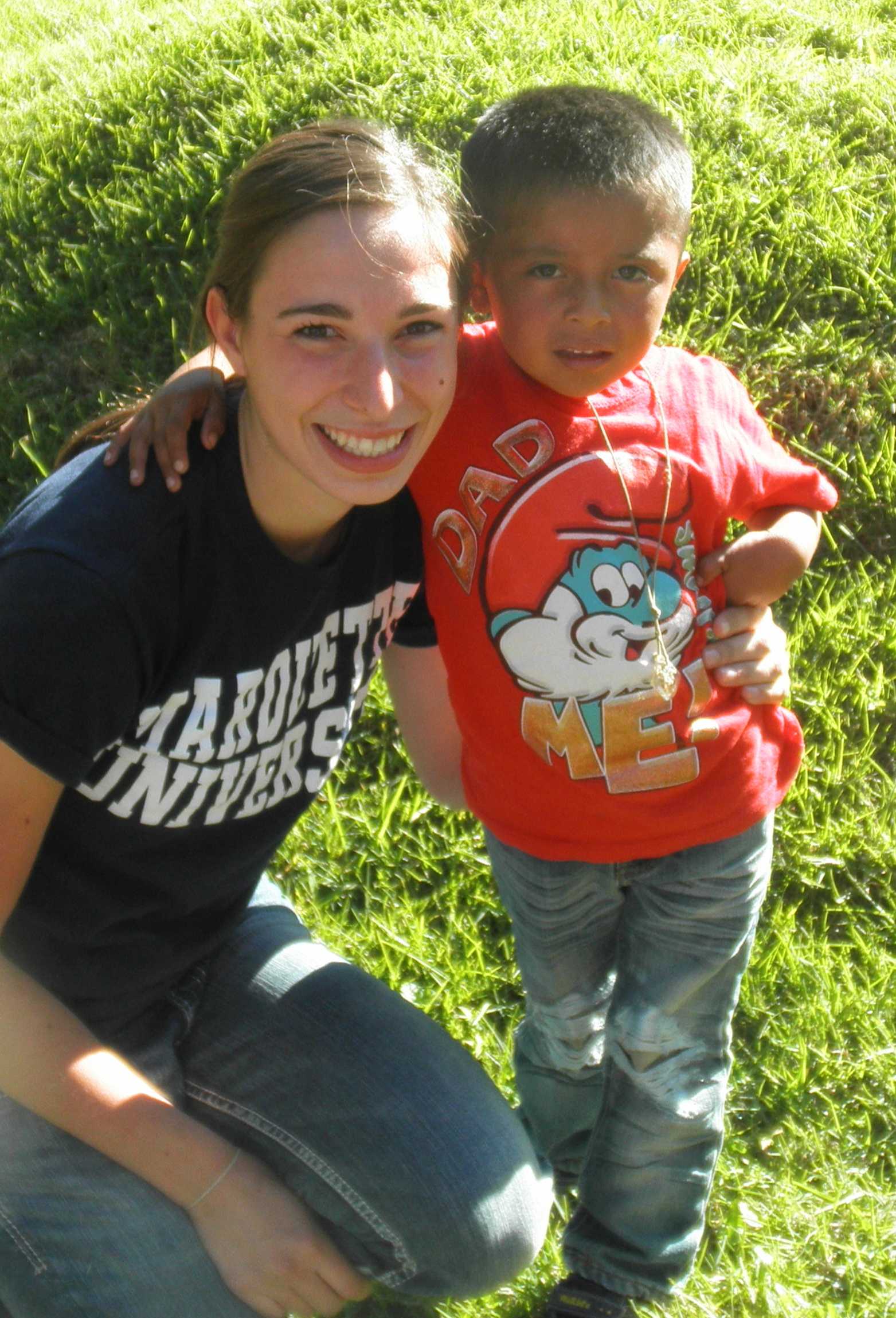
The Winkels visited Guatemala over Thanksgiving and met the children they sponsor. “Joshua was excited, but his dad was just elated,” said Lydia. “It was mind-blowing because you don’t think it’s that important, but to them you are everything.”
Sponsorships from any organization typically start at around $30 per month, or $360 per year. However, many organizations give the option of giving more money and allow donors to choose how they will pay, be it annually, monthly, etc.
“If people are interested in [sponsoring] but are worried about the cost, split it up,” said L. Winkels. She suggested sharing the cost between a group of friend or siblings.
Other organizations that aid people around the world include Kiva, Heifer International and CARE International. These organizations allow donors to make smaller contributions. Kiva and Heifer International both allow donors to purchase livestock and tools for those that need them throughout the world.
The loans and gifts work as a catalyst to give these families the ability to sustain themselves and make money. The main goal of these organizations is not to foster dependence, but to give the families they serve the opportunities to elevate themselves from the depths poverty.
“It’s a great way to reach out to the world,” said L. Winkels.
Maddie Mayhew is the Editor in Chief for The Spartan Speaks.




